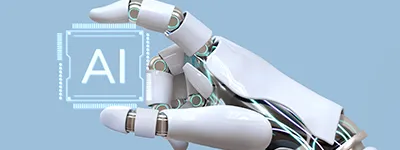JioGames x 7Seas Entertainment: Where Learning Feels Like Play
January 24, 2026At JioGames, we understand that today’s parents are constantly looking for meaningful ways to introduce learning beyond textbooks, without making it feel like a chore. That’s why we’ve curated a range of educational games designed to help children learn numbers, shapes, icons, logic, and problem-solving skills through interactive gameplay.
Games like “Are You Smart?”, developed by 7Seas Entertainment Limited turn screen time into learning time, supporting parents in teaching new concepts while keeping children engaged, curious, and motivated.
Available on smartphones and Jio Set-Top Box, these games make learning accessible, intuitive, and enjoyable at home and on the big screen. Because when learning feels like play, everyone wins.
Click to view more












































































































